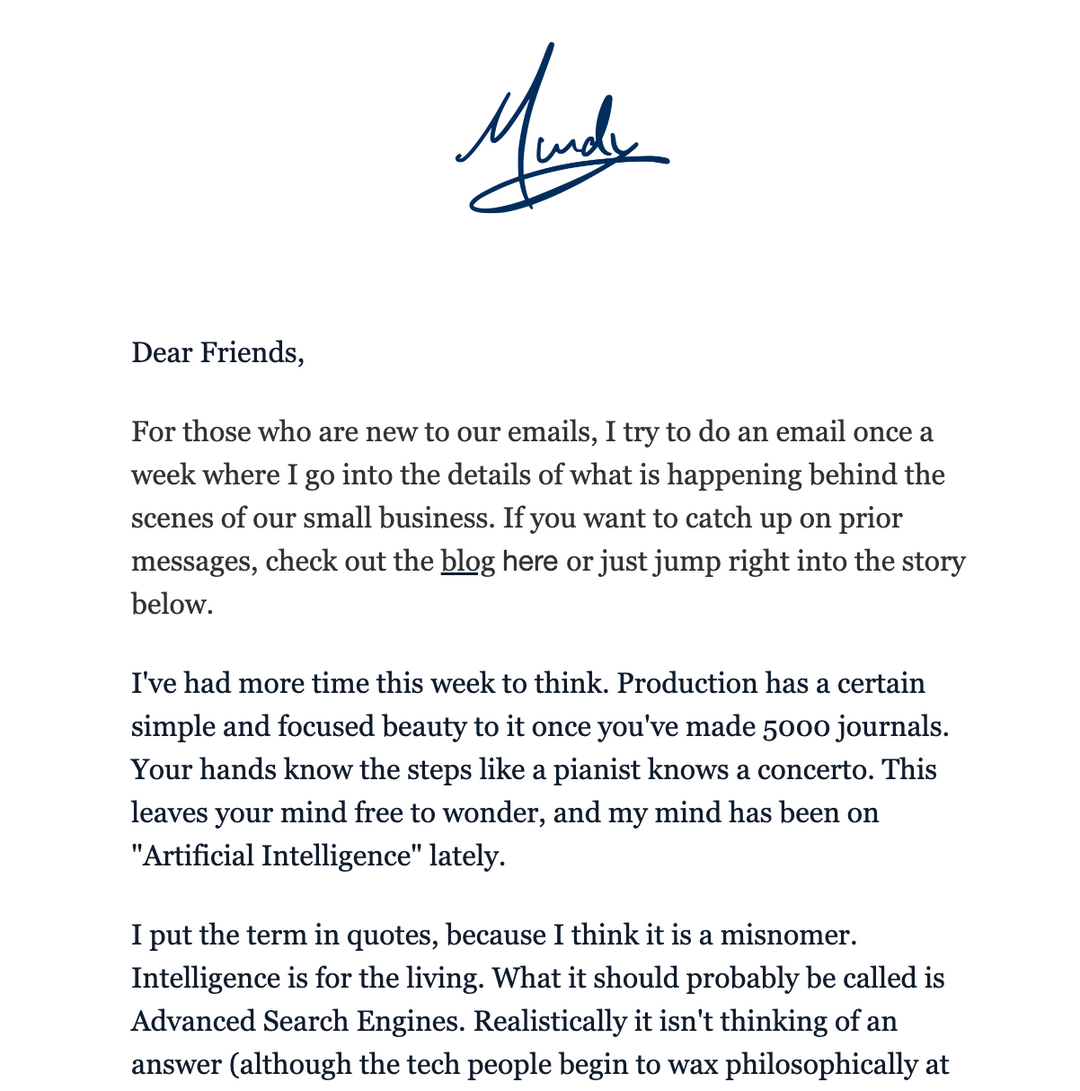Past prize winners tell how they became remembered.





![Make People Believe in Your Story: The Colombian author Gabriel Garcia Marquez received the Nobel Prize for Literature in 1982. The celebrated author of novels such as Cien años de soledad (translated as A Hundred Years of Solitude) was also a journalist. When asked about the difference between journalism and writing fiction, Marquez answered thus: 'In journalism just one fact that is false prejudices the entire work. In contrast, in fiction one single fact that is true gives legitimacy to the entire work. That's the only difference, and it lies in the commitment of the writer. A novelist can do anything he wants so long as he makes people believe in it.' - Write to Connect: The great Canadian-American author Saul Bellow, who published 14 novels and novellas and won the Nobel for writing in 1976, beautifully described the intimacy between the writer and the reader: 'When you open a novel - and I mean of course the real thing - you enter into a state of intimacy with its writer. You hear a voice or, more significantly, an individual tone under the words ... It is more musical than verbal, and it is the characteristic signature of a person, of a soul. Such a writer has power over distraction and fragmentation, and out of distressing unrest, even from the edge of chaos, he [or she] can bring unity and carry us into a state of intransitive attention. People hunger for this.' - Try This A Writing Prompt: Take your journal to a public place and describe what you see, smell, feel, and hear.](https://d3k81ch9hvuctc.cloudfront.net/company/VfeFsc/images/60a27875-9b21-41df-a9af-77caec70fa25.png)







